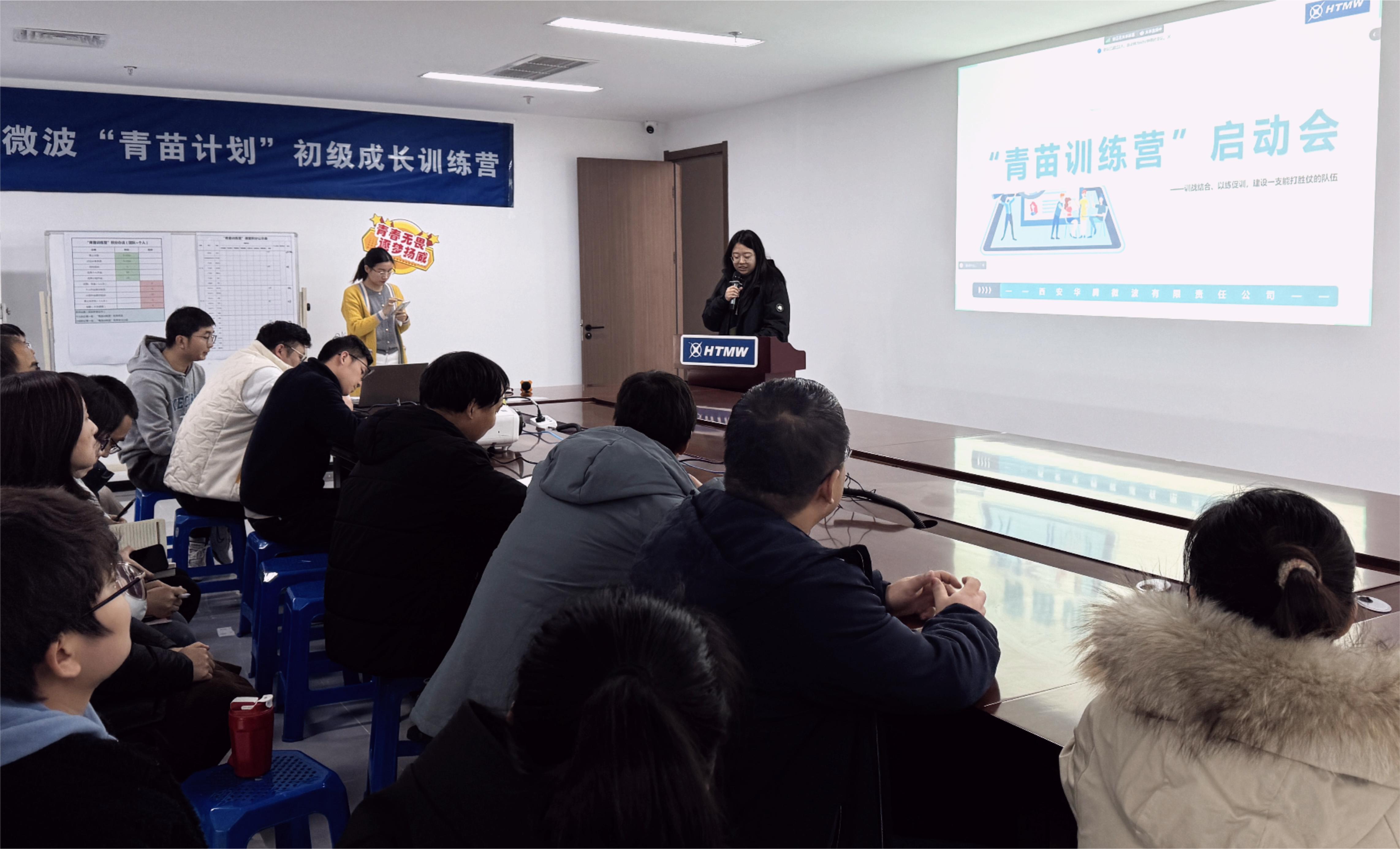On January 10, the National Meteorological Center convened a meeting to report on the progress of radar echo extrapolation research and development based on deep learning, further advancing the application of artificial intelligence technologies such as machine learning and deep learning in the field of weather forecasting.
Dr. Long Mingsheng from Tsinghua University presented the progress made in jointly developing distributed deep-learning technology for radar data, a collaboration between the National Meteorological Center and Tsinghua University. Through continuous iteration, upgrades, and optimization of network architectures and algorithmic models, the team achieved an average improvement of over 40% in the accuracy of 0-to-1-hour radar echo forecasts compared to the current operational method based on COTREC extrapolation. The model’s remarkable results were highly praised at NIPS 2017. Meanwhile, Li Yue'an, a senior engineer at the Research Level in the Forecasting System Laboratory of the National Meteorological Center, shared insights into the research and application of the radar echo extrapolation forecasting system, offering an in-depth analysis of algorithm validation, evaluation outcomes, and specific case studies involving different types of weather systems. Experts from Tsinghua University’s School of Software and key technical members of the National Meteorological Center’s Big Data and Intelligent Forecasting Team also engaged in a thorough discussion on advancing deep-learning models and exploring cutting-edge intelligent algorithms for the future.
Next, the National Meteorological Center and the School of Software at Tsinghua University will strengthen their close collaboration, ensuring comprehensive alignment between experts from both sides. Driven by technology R&D, they will launch pilot projects to accelerate the commercialization of research outcomes and their integration into operational applications. Furthermore, they will continue refining their cooperative mechanisms to foster cross-disciplinary talent integration.
It is reported that since 2013, the National Meteorological Center has been collaborating with the School of Software at Tsinghua University on big data applications for forecasting systems, yielding significant results. Currently, the distributed data environment has been deployed across 26 provinces (autonomous regions, and municipalities) nationwide. In response to the growing trends in machine learning and deep learning, the two institutions jointly and successfully applied for the establishment of the "National Engineering Laboratory for Big Data System Software" in early 2017. They have since formed a Big Data and Intelligent Forecasting Team, achieving remarkable progress in this cutting-edge field.





